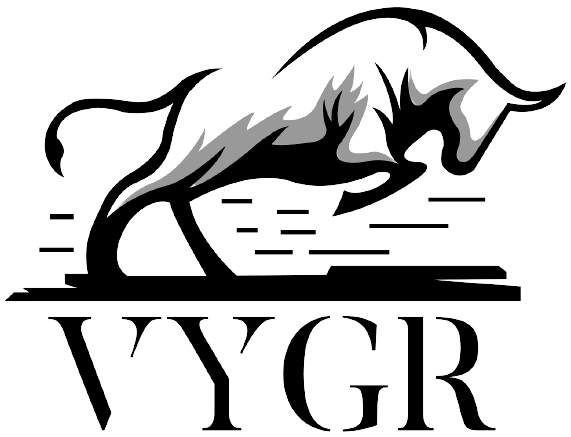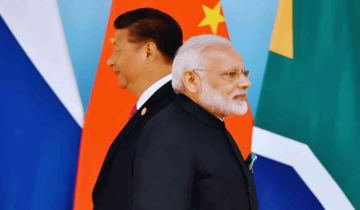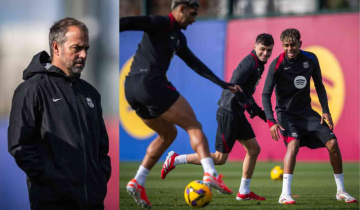The New Zealand Parliament was yesterday temporarily adjourned as Māori lawmakers from the party of Te Pāti Māori took to the floor to perform a haka, a traditional ceremonial dance, in protest over an incendiary bill that seeks to reinterpret the Treaty of Waitangi. The Treaty of Waitangi was signed in 1840 by Māori chiefs and the British Crown, is widely regarded as New Zealand’s founding document. It serves as the foundation for addressing historical injustices faced by the Māori people. The ACT now New Zealand party recently introduced the Principles of the Treaty of Waitangi Bill, which proposes a narrower interpretation. The party contends that existing provisions for Māori rights have led to divisions within New Zealand society.
_1731667929.jpg)
During the bill's first reading, Māori lawmaker Hana-Rawhiti Maipi-Clarke tore up her copy of the legislation and and starting perfoming haka and was then joined by colleagues and supporters in the gallery followed her. Speaker Gerry Brownlee temporarily adjourned the session. Brownlee later described the action as "disrespectful" and suspended Maipi-Clarke.
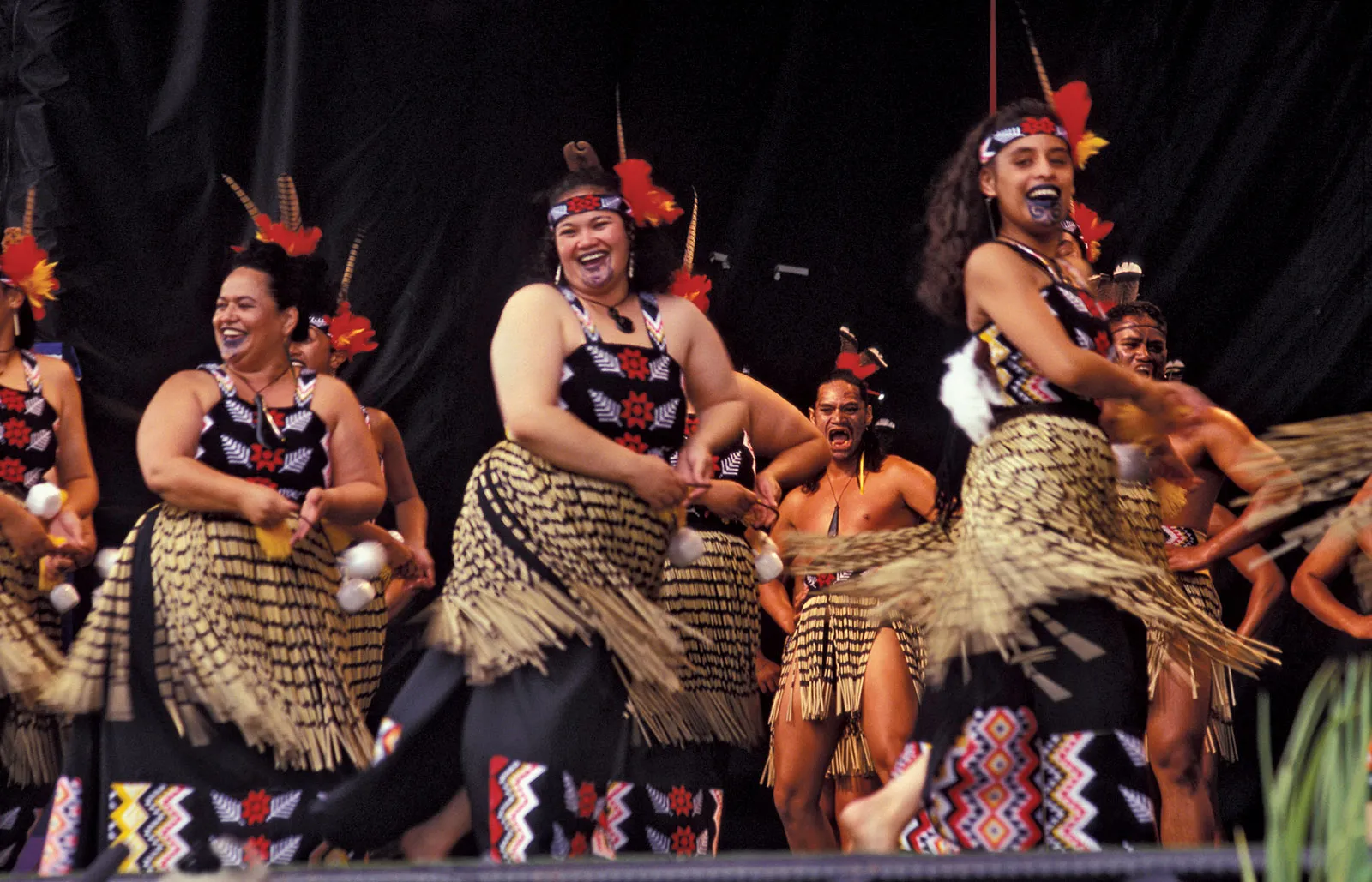
What is Haka Dance
The haka is among those most popular Māori cultural icons and a symbol of strength, unity and also the cultural pride. Haka was initially originated as a war dance form but has evolved over time. The term "haka" is derived from the Maori words "ha" (breath) and "ka" (to ignite or energize). It encompasses actions involving chanting, rhythmic movements and powerful gestures like stamping, hand motions and facial expressions, such as bulging eyes and tongue protrusion.
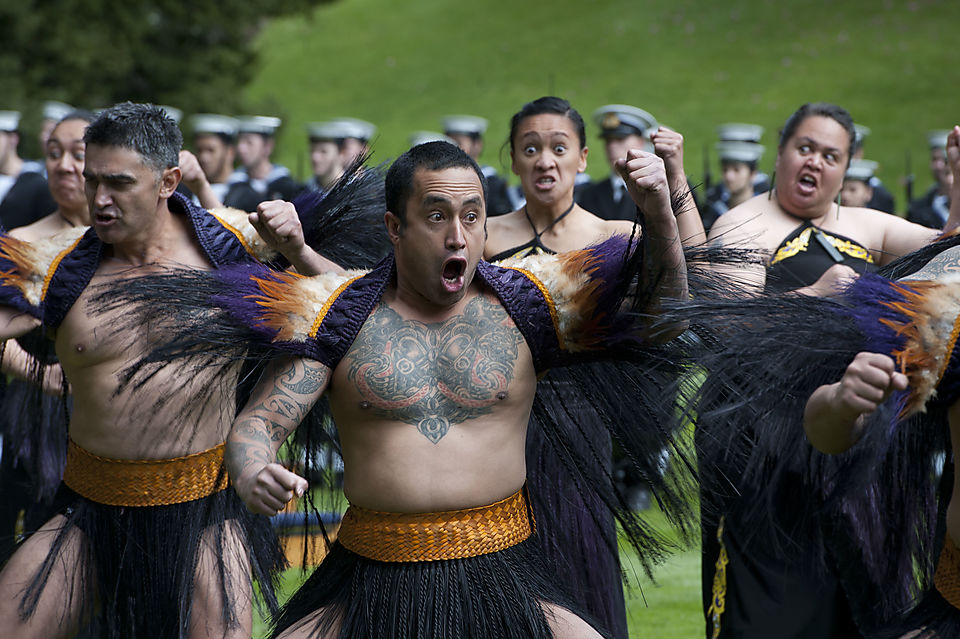
Origins and Purpose of Haka
The haka was a traditional performance by Māori people. It was originated by the different Māori tribes as a dance or performance in war and was supposed to intimidate enemies while strengthening the morale of warriors. This belligerent performance is called peruperu haka, in which armed warriors asked the god of war for strength.
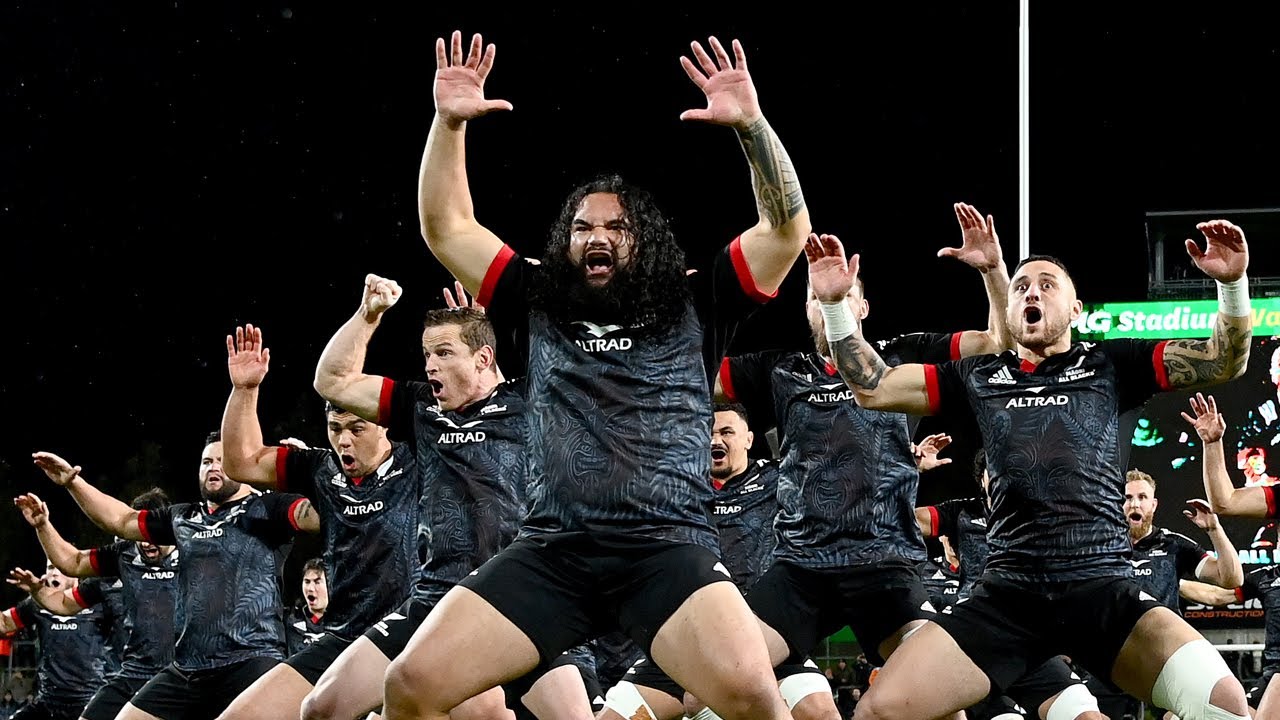
Haka's Evolution
Over time, the meaning of the haka changed to fit with more elevated purposes. This was used as a means of bonding and is performed at community festivals, weddings, funerals and other ceremonies.
Haka in Modern New Zealand
In New Zealand, the haka holds a very important position in national identity. The sporting events such as games of rugby are often associated with this as a national context, it is especially performed by the All Blacks before every game. This is globally renowned and is deeply rooted in Māori culture.
_1731668400.jpg)
Cultural Importance to Māori
The haka is not just a dance show, but also a spiritual and cultural exercise for New Zealand's Māori people. It expresses their identity based on the distant past, the land, and their ancestors. For Māori's haka is more than just a dance, It is a living expression of cultural pride, strength, and unity.
Inputs by Agencies
Image Source: Multiple Agencies
Ⓒ Copyright 2024. All Rights Reserved Powered by Vygr Media
